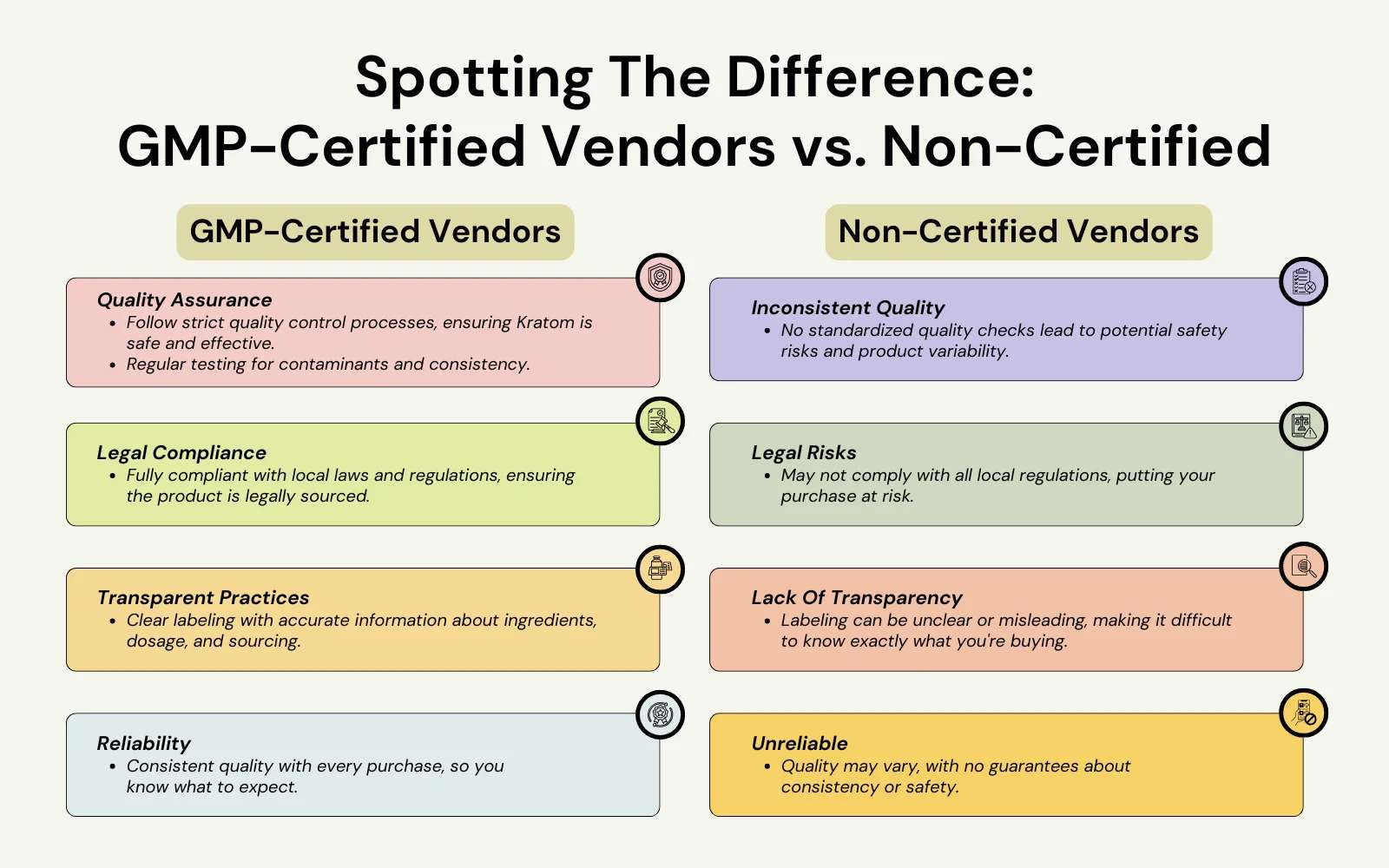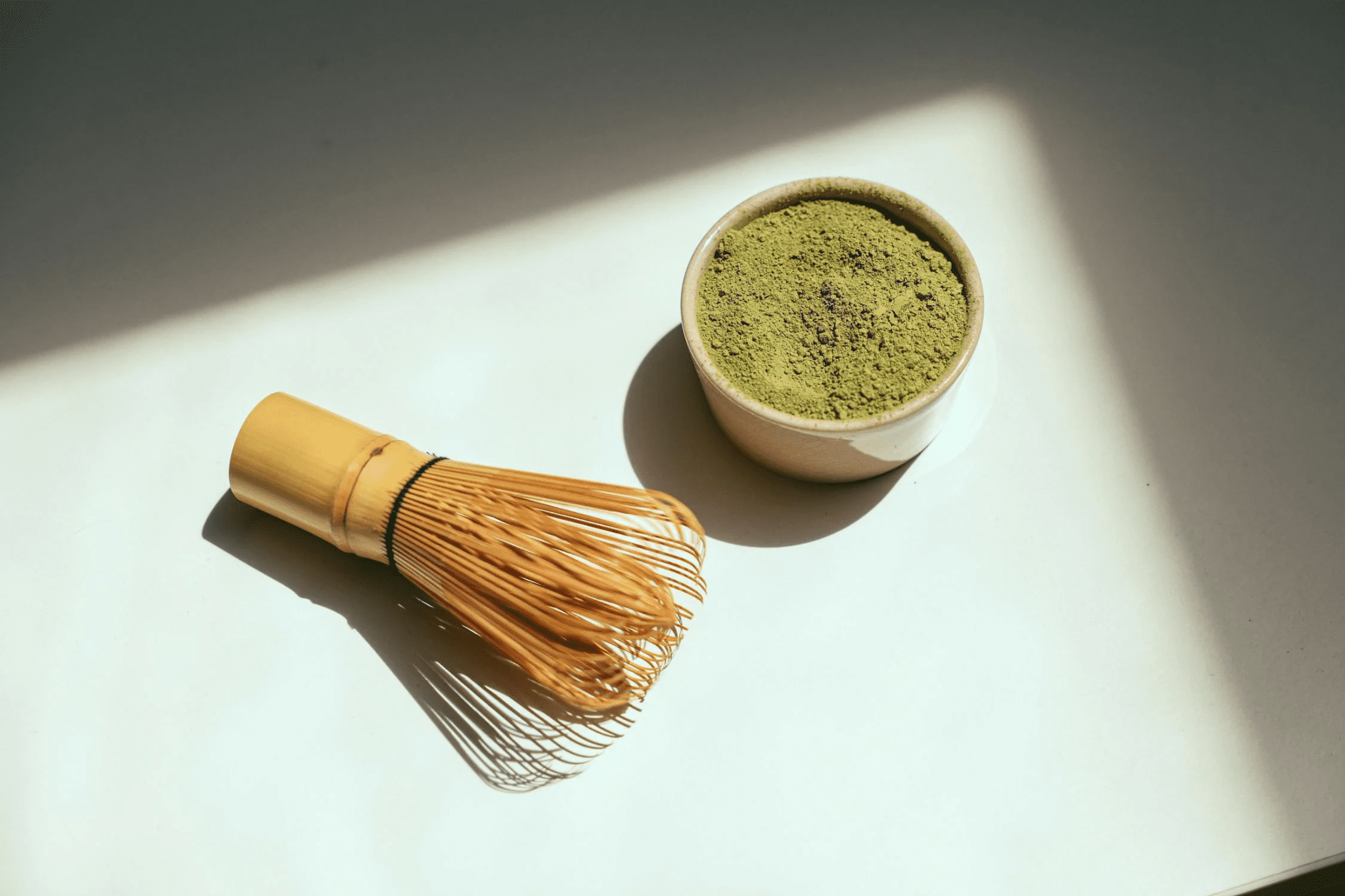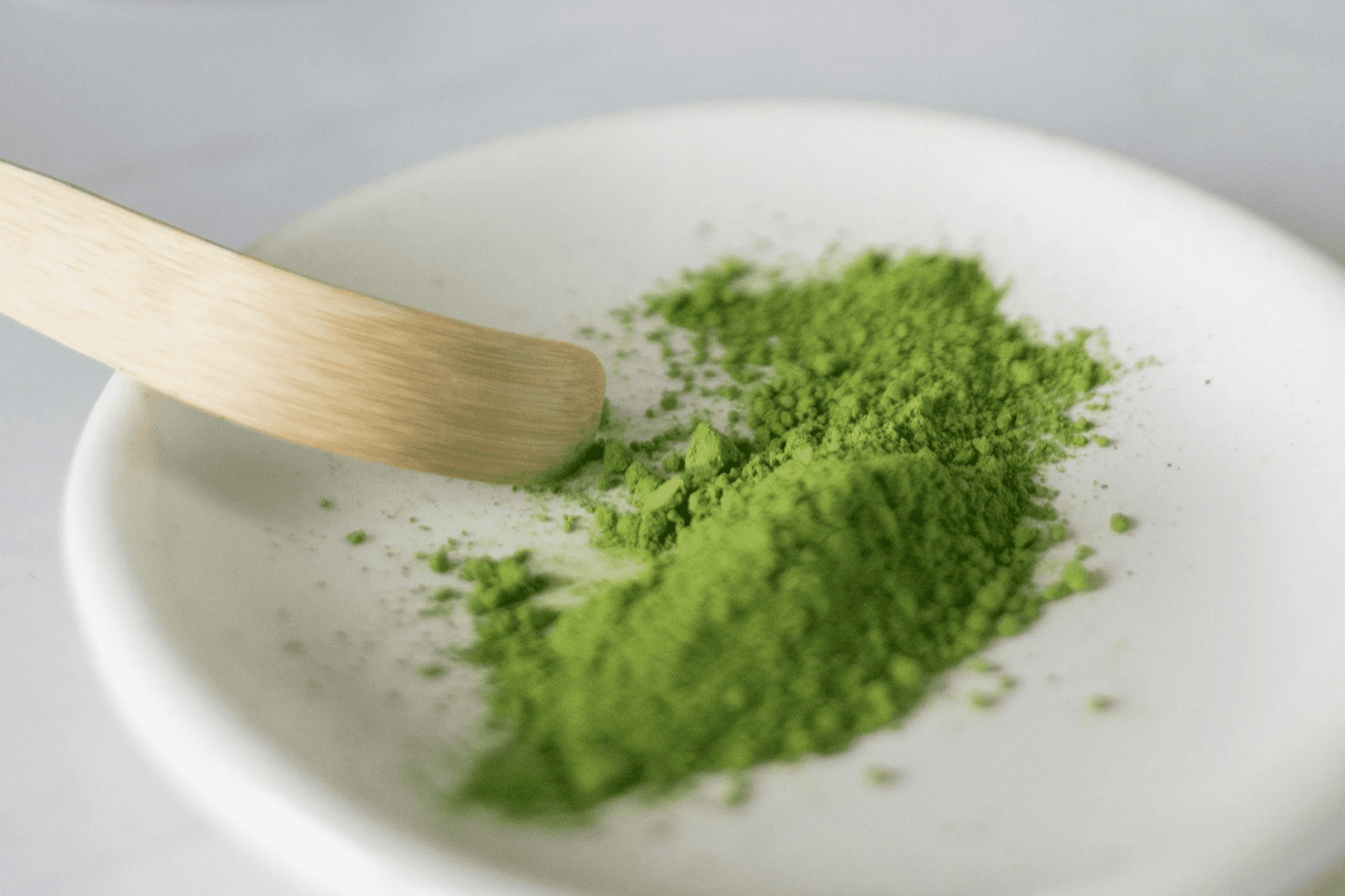4 Differences Between GMP-Certified and Non-Certified Kratom Vendors
Share This Article
Every vendor has different standards and procedures when it comes to selling kratom, and that’s why consumers need to know the difference between a GMP-certified vendor and a non-certified vendor. If you are looking to buy gmp-certified kratom, for example, it is crucial to be familiar with what that designation comprises in order to assist you in confidently traversing the market. In this post, we will enumerate four such differences in order to guide you on your next shopping spree.
Image source: https://www.mitwellness.com/why-trust-gmp-certified-kratom-sellers
Here Are The Differences Between GMP-Certified and Non-Certified Kratom Vendors
Quality assurance
The main difference between GMP-certified and non-certified kratom vendors is the way they guarantee quality. Such vendors are required to have in place a clearly defined QA plan that ensures every product placed into the marketplace has gone through clearly defined specifications.
Such systems usually include frequent audits, validations, and ongoing assessments of compliance with the established system. On the other hand, non-certified vendors lack formal quality assurance, which often leads to variable product quality.
Legal compliance
Kratom vendors who have GMP certification ensure effective legal compliance, which is a differentiating factor compared to other vendors without such certification. Certification ensures that vendors adhere to guidelines and standards set by regulators and that their business is compliant at federal and state levels.
Such compliance includes keeping the necessary records, marking labels, and documenting production and distribution. Vendors without certification may, sometimes, not practice such regulations, which could result in problematic practices within their business’s trust.
Sourcing practices
When comparing kratom vendors who hold GMP certifications and those who do not, one major distinction comes from their sourcing of raw materials. It has already been established that GMP-certified vendors are obliged to adhere to the guidelines. Such vendors usually have detailed procedures in place that ensure that the materials sent out are verified by suppliers for both quality and consistency.
Non-certified vendors, on the other hand, focus less on quality parameters, and therefore, the sourcing may not be as rigorously policed, leading to a subpar certainty in the quality of the raw materials being used.
Reliability
One of the differences between GMP-certified and non-certified kratom vendors is the level of trust you would have in their service. A vendor with a GMP certification shows that they are consistently compliant with the set level of quality of the goods they are willing to sell to their customers.
As such, they tend to be more efficient in order fulfillment timeliness, quality of the product, and even addressing customer queries. Non-certified vendors may not be able to guarantee this level of accountability, which is a cause of irregularities in the services or products they provide.
Bottom Line
It is important to know how GMP-certified kratom vendors differ from non-certified ones, as it will assist you in making the right buying decision. Vendors offering GMP certification have higher consistency, transparency, and accountability standards due to their stringent manufacturing codes, controls, sourcing, and auditing procedures. Even though non-certified vendors might sometimes attract customers through certain qualities such as low pricing or easy access, they frequently miss the assurance of excellence and proper protocol that ensures the credibility of their products.




